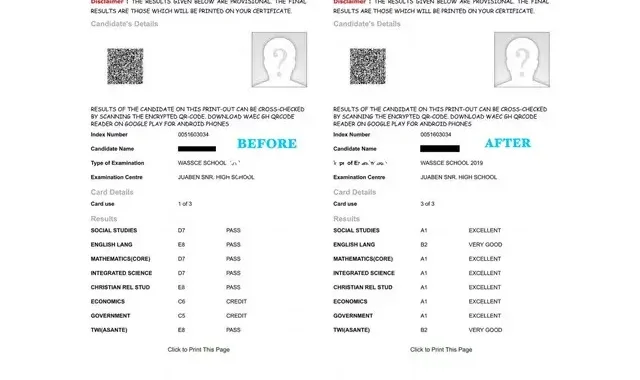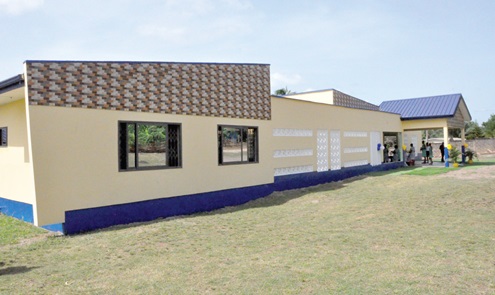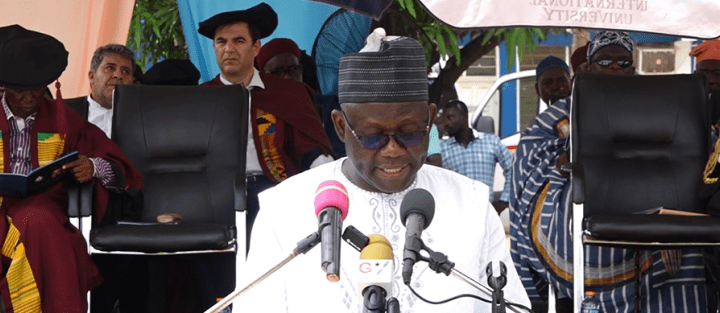Banting Postdoctoral Fellowships 2024 in Canada | Fully Funded

Banting Postdoctoral Fellowships 2024 in Canada | Fully Funded
The Banting Postdoctoral Fellowships 2024 in Canada provide postdoctoral researchers with a unique opportunity to explore their research interests in a variety of subjects, including natural sciences, social sciences, health sciences, engineering, and humanities.
This coveted scholarship is very competitive and funds up to two years of study in Canadian universities or research institutions.
As Canada’s leading research fellowship, the Banting Postdoctoral Fellowships provide an outstanding opportunity for researchers to advance their academic and professional careers. In this post, we will cover all the important aspects of the Banting Postdoctoral Fellowships 2024 in Canada, including as eligibility requirements, application methods, and deadlines.
Summary
| Fellowship | Banting Postdoctoral Fellowships |
| Degree | Postdoc |
| Country | Canada |
| Deadline | 17 September 2024 |
Eligibility
Canadian citizens, permanent residents of Canada, and foreign citizens can apply if they meet the following requirements:
- Applicants who are neither Canadian citizens nor permanent residents may only hold the Banting Postdoctoral Fellowship at a Canadian institution.
- Applicants who are Canadian citizens or permanent residents and received their PhD, PhD-equivalent, or health professional degree from a foreign university are only eligible for a Banting Postdoctoral Fellowship at a Canadian university.
- Applicants who are Canadian citizens or permanent residents who have a PhD, PhD-equivalent, or health professional degree from a Canadian university are eligible to undertake a Banting Postdoctoral Fellowship at either a Canadian or an international institution.
Required Documents
To apply for the Banting Postdoctoral Fellowships 2024 in Canada, please provide the following essential documents:
- A research proposal is a detailed document that describes your research objectives, methodology, and projected results.
- Curriculum Vitae: A thorough CV that highlights your academic credentials, research experience, publications, and awards.
- Letters of Reference: Three letters of recommendation from known specialists in your field of study who can assess your research potential and academic achievement.
- Institutional letter of endorsement: A letter from the host institution where you intend to conduct your research.
- Transcripts: Official transcripts for all academic degrees achieved to date.
- Language competence: If your first language is neither English or French, please provide proof of your proficiency in either language.
- Equity, Diversity, and Inclusion (EDI) statement: A statement that describes how you have helped to promote equity, diversity, and inclusion throughout your academic and professional career.
APPLY HERE
READ ALSO; Top 10 Universities in the World 2024: New Ranking
Send Stories | Social Media | Disclaimer
Send Stories and Articles for publication to [email protected]
We Are Active On Social Media
WhatsApp Channel: JOIN HERE
2024 BECE and WASSCE Channel - JOIN HERE
Facebook: JOIN HERE
Telegram: JOIN HERE
Twitter: FOLLOW US HERE
Instagram: FOLLOW US HERE
Disclaimer:
The information contained in this post on Ghana Education News is for general information purposes only. While we endeavour to keep the information up to date and correct, we make no representations or warranties of any kind, express or implied, about the completeness, accuracy, reliability, suitability or availability with respect to the website or the information, products, services, or related graphics contained on the post for any purpose.



 Ministry of Education Postpones Reopening Date of Basic Schools By One Week
Ministry of Education Postpones Reopening Date of Basic Schools By One Week  WASSCE Results Upgrading: Total Scam Or Something Worth Your Money?
WASSCE Results Upgrading: Total Scam Or Something Worth Your Money?  Teacher Unions Start Regional Demo With Volta Region On May 3rd
Teacher Unions Start Regional Demo With Volta Region On May 3rd  Old students build health centre for Awudome SHS
Old students build health centre for Awudome SHS  Move away from traditional theoretical based learning – Prof Abeku Quansah to students
Move away from traditional theoretical based learning – Prof Abeku Quansah to students  Professor Amin Alhassan speaks at 20th Congregation of Islamic University College
Professor Amin Alhassan speaks at 20th Congregation of Islamic University College